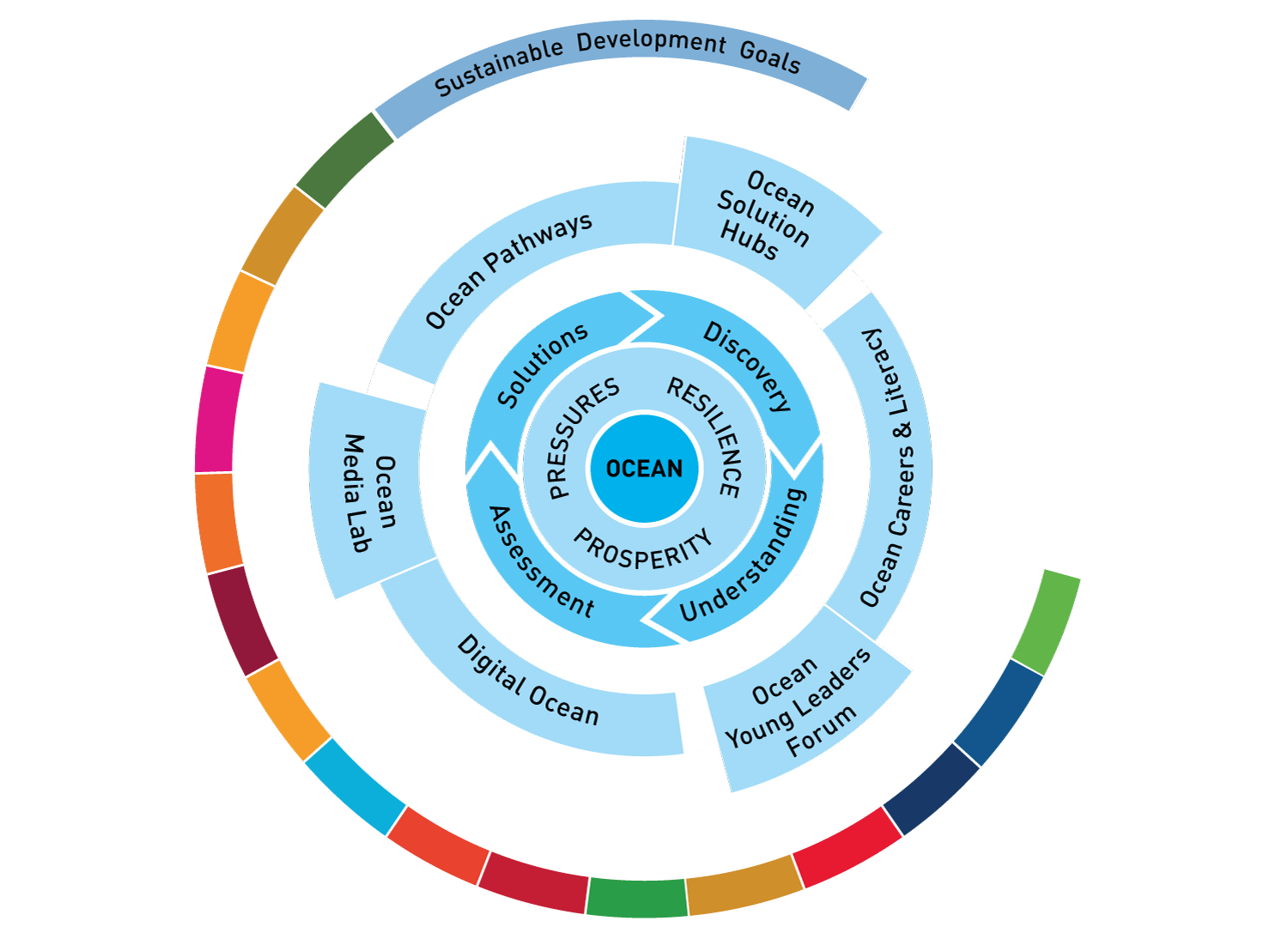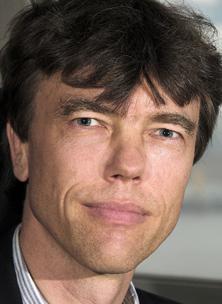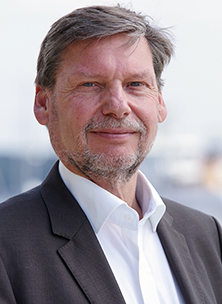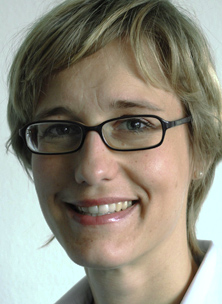The research within the overarching field of "Future Ocean Sustainability" understands "sustainability" to be an essentially normative concept, based on the idea of justice with regard to environmental values, both within and across human generations. Kiel scientists engage in the reflection on definition and substance of sustainability.
For adequate response to ocean disasters that cause immediate and potentially overwhelming disruptions in system functioning, researchers are investigating triggers, progressions and impacts for societies. The ocean serves as a sink for natural and anthropogenic carbon emissions. We will take advantage of our understanding of ocean carbon cycles to investigate and assess options for using geological, chemical, physical and biological carbon management to help meet the 2°C target. The ocean has been primary source of food since time immemorial. Another objective will be to elucidate how the ocean can continue to contribute to the world's food supply under environmental and economic change and how we can safeguard the security of this food source for the future. The most abundant and diverse organisms in the ocean are marine microbes, but how they sustain and regulate this ecosystem is largely unknown. Experimental techniques and functional genetic assays now en-able us to overcome some of the previous limitations and to assess the beneficial or harmful effects of microbes, viruses and parasites on higher organisms and on entire ecosystems. The ocean floor also hosts a largely untapped reservoir of non-living resources, for which demand will increase as terrestrial supplies become depleted. By assessing trade-offs between economic gains and the associated environmental risks, we will aim to contribute to a yet lacking risk assessment framework to address the impact of resource extraction on deep-sea ecosystems.
The research within the research network concentrates mainly on the following research questions:
Ocean Food - » How and to what extent can the fisheries, aquaculture and marine novel foods contribute to food security for a growing world population? «
Ocean Floor Resources - » How can integrated research inform the governance debate on ocean floor resource exploitation by including an assessment of societal benefits and environmental risks? «
Ocean Pollutants - » What are the impacts of key pollutants and what are the most sustainable strategies to alleviate their pressures in the marine environment? «
Ocean Disasters - » How do narratives influence people's understanding of the ocean and what is their potential impact on human behaviour? «
Ocean Narratives - » How can ecosystem and societal perspectives help to advance novel approaches to sustain and restore marine ecosystem functioning? «
Ocean Recovery - » How can transdisciplinary research on triggers, progression, impacts and coping strategies support societies to enhance their resilience to ocean-related disasters? «
Ocean Narratives - » How do narratives influence people's understanding of the ocean and what is their potential impact on human behaviour? «
The Kiel-based Network will be a major player in Germany's contribution to the UN 2030 Agenda for Sustainable Development and foster Kiel's position as an internationally recognized hub for integrated ocean science, connecting different research disciplines, international science, and societal actors from government, the private sector and civil society.
…



